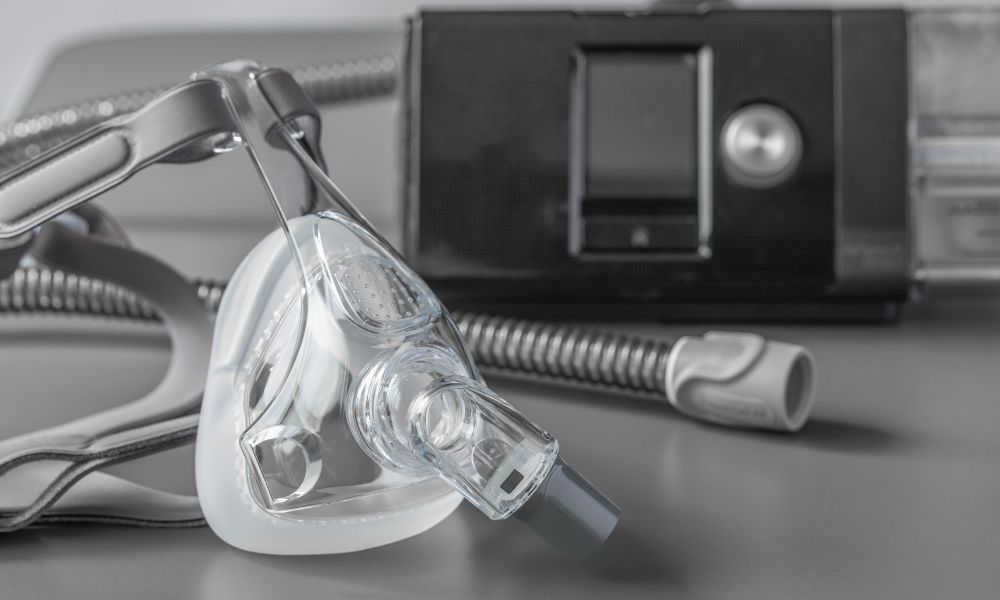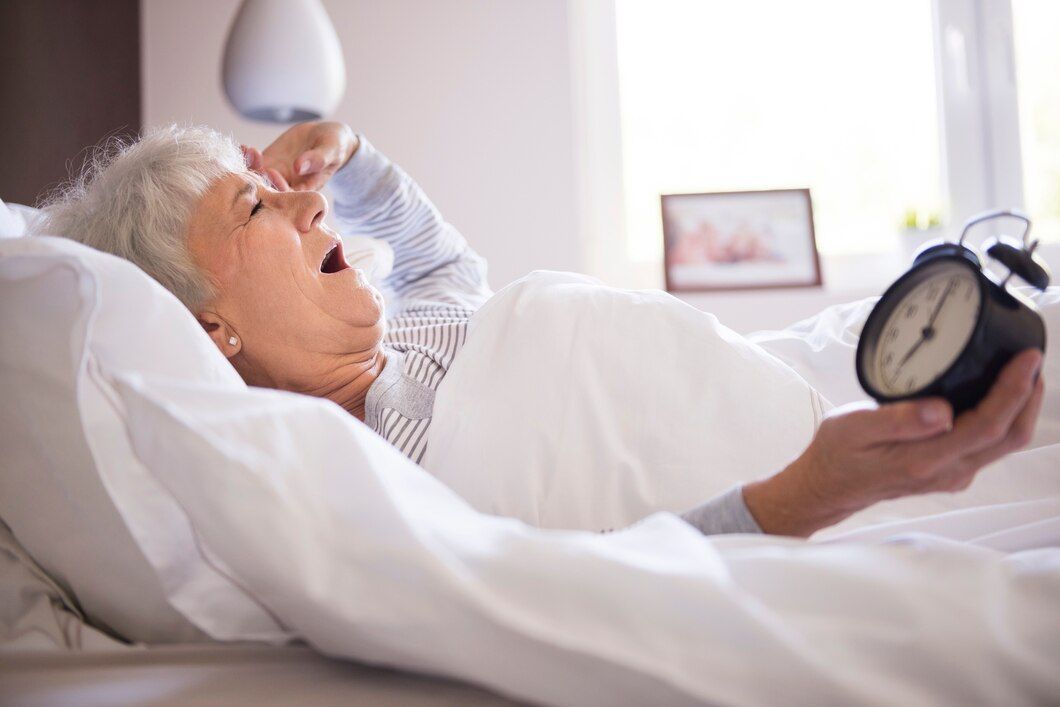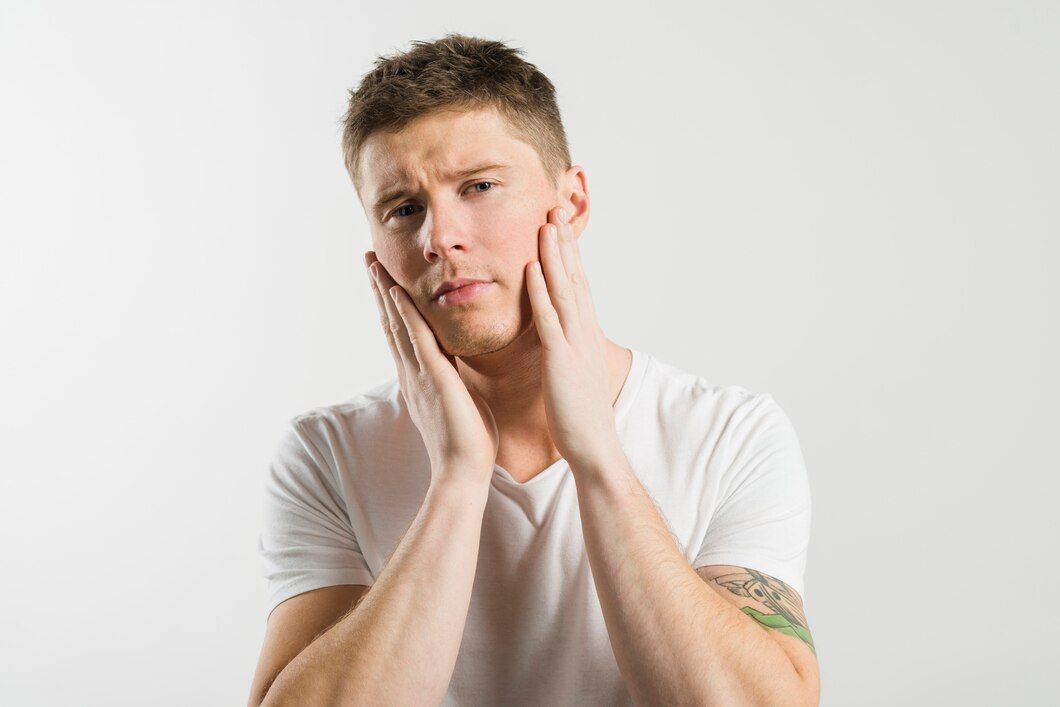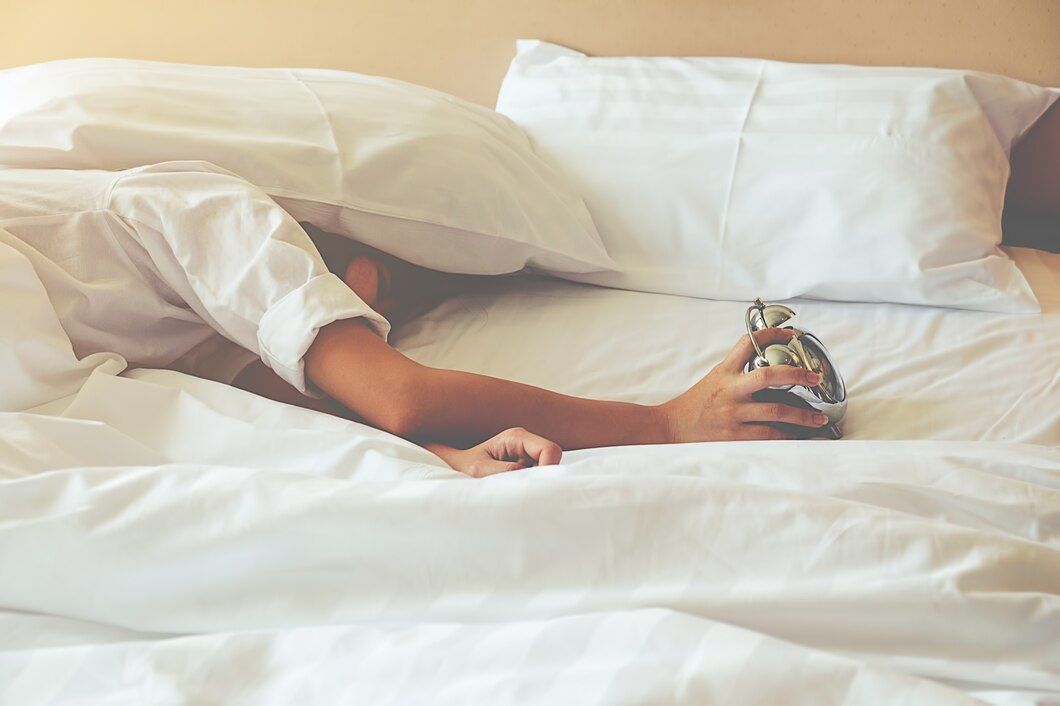Top 10 Alternatives to CPAP for Sleep Apnea: Discover the Best Solutions Today

Are you searching for an alternative to CPAP treatment for sleep apnea? Look no further! In this blog post, we will introduce you to the top 10 alternatives that can improve your sleep quality and overall health. Each option has its own unique advantages and drawbacks, so it's essential to choose the solution that best fits your individual needs.
We understand that breathing machines can be cumbersome and uncomfortable, which is why we've researched and compiled a comprehensive list of CPAP alternatives that effectively address sleep apnea in various ways. Join us as we dive into the world of sleep apnea solutions and provide the information you need to make an informed decision about your treatment options.
1. Oral Appliances
Oral appliances are custom-made devices that fit into your mouth and reposition your jaw while you sleep, keeping your airway open and preventing the collapse that causes sleep apnea. The most common types of oral appliances are Mandibular Advancement Devices (MADs) and Tongue Retaining Mouthpieces (TRMs). Studies have shown that oral appliances are effective for treating mild to moderate sleep apnea, with success rates of up to 70-80%. However, they may not be as effective for severe cases.
2. Positional Therapy
Sleeping on your side or in an elevated position can significantly reduce the severity of sleep apnea. Positional therapy involves using specialized pillows, aids, or devices that help maintain an optimal sleeping position throughout the night. Research has shown that positional therapy can be effective in treating positional obstructive sleep apnea, which occurs only when you sleep in certain positions, such as flat on your back.
3. Weight Loss and Healthy Living
Obesity is a major risk factor for sleep apnea, and losing weight can dramatically improve symptoms. In a study published by the National Institutes of Health, more than 50% of participants who lost at least 10% of their body weight through diet and exercise experienced significant improvements in their sleep apnea symptoms. Maintaining a healthy lifestyle, including regular exercise and a balanced diet, can help reduce the severity of sleep apnea while also providing numerous other health benefits.
4. Continuous Positive Airway Pressure (CPAP) Alternatives
If CPAP treatment isn't suitable for you, other positive airway pressure devices are available, such as bilevel positive airway pressure (BiPAP) or adaptive servo-ventilation (ASV). BiPAP uses two pressure settings – one for inhalation and one for exhalation – to make breathing more comfortable, while ASV adjusts airway pressure in real time to match your breathing patterns. These devices function similarly to CPAP but may be more comfortable and tolerable for certain individuals.
5. Hypoglossal Nerve Stimulation
This innovative sleep apnea treatment involves implanting a small device under the skin of your chest, which stimulates the hypoglossal nerve in your tongue. The stimulation prevents your tongue from blocking your airway during sleep. A study published in the New England Journal of Medicine found that hypoglossal nerve stimulation led to significant improvements in sleep apnea severity and overall quality of life for participants.
6. Supplemental Oxygen Therapy
For some individuals with sleep apnea, supplemental oxygen therapy can help maintain adequate oxygen levels during sleep and improve overall well-being. This treatment typically involves using a portable oxygen concentrator or oxygen tank with a mask or nasal cannula. However, supplemental oxygen therapy does not directly treat the underlying cause of sleep apnea; it only addresses the associated low oxygen levels.
7. Nasal EPAP (Expiratory Positive Airway Pressure) Therapy
Nasal EPAP therapy uses disposable adhesive valves that are placed over your nostrils before you go to sleep. These valves create resistance during exhalation, increasing air pressure in your airway and preventing it from collapsing. A study published in the journal Chest found that Nasal EPAP therapy effectively reduced instances of apneas and hypopneas in participants with obstructive sleep apnea.
8. Uvulopalatopharyngoplasty (UPPP) and Other Surgical Treatments
In certain cases, surgical treatment options such as UPPP, maxillomandibular advancement, or genioglossus advancement may be considered for sleep apnea. UPPP involves removing excess tissue in the throat to enlarge the airway. However, the effectiveness of UPPP varies, and potential surgical complications should be carefully considered.
9. Lifestyle Changes
Simple adjustments to your daily habits can significantly impact sleep apnea symptoms. This may include avoiding alcohol and sedatives, practicing good sleep hygiene, quitting smoking, and managing allergies. Each of these lifestyle changes can help improve your sleep quality while also promoting overall well-being.
10. Sleep Positional Devices
These devices help maintain the proper sleep position throughout the night, preventing the airway from collapsing. There are numerous products available, ranging from adjustable beds, wedge pillows, and body positioning devices. Choosing the right product for you depends on your budget, personal preferences, and specific sleep apnea needs. Always consult with a healthcare professional before investing in a sleep positional device.
Conclusion
There are numerous alternatives to CPAP treatment for sleep apnea that can greatly enhance your sleep quality and overall health. Exploring these options and finding the one that works best for you is essential to living a fulfilling and healthy life. At The Sleep & TMJ Group, our expert team is committed to helping you determine the most suitable solution for your sleep apnea needs. We provide customized care, state-of-the-art technology, and a wide range of alternatives to CPAP treatment for sleep apnea to ensure you receive the highest quality treatment possible. Don't let sleep apnea keep you from the restful sleep and vibrant health you deserve. Schedule a consultation with our team at The Sleep & TMJ Group to take the first step toward a better night's sleep and a healthier you!
Disclaimer:
Our blog articles serve to educate readers about various treatment options for sleep apnea and TMJ disorders. It's important to understand that while we discuss multiple treatments in our posts, not all of these options may be accessible at our clinic. We encourage you to reach out and schedule a consultation with us. This way, we can carefully devise a personalized treatment plan that caters to your specific needs.






